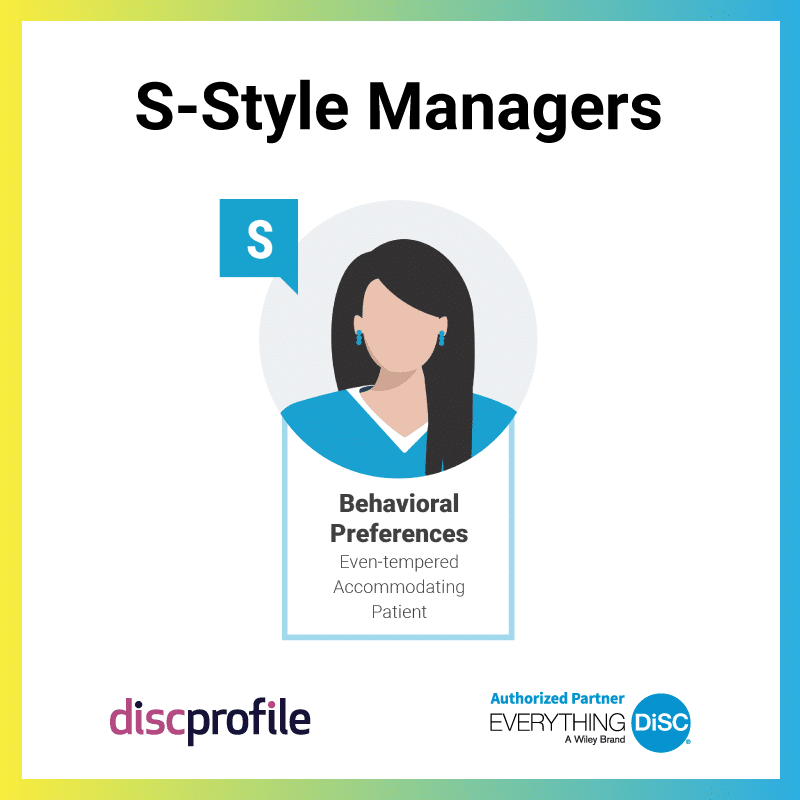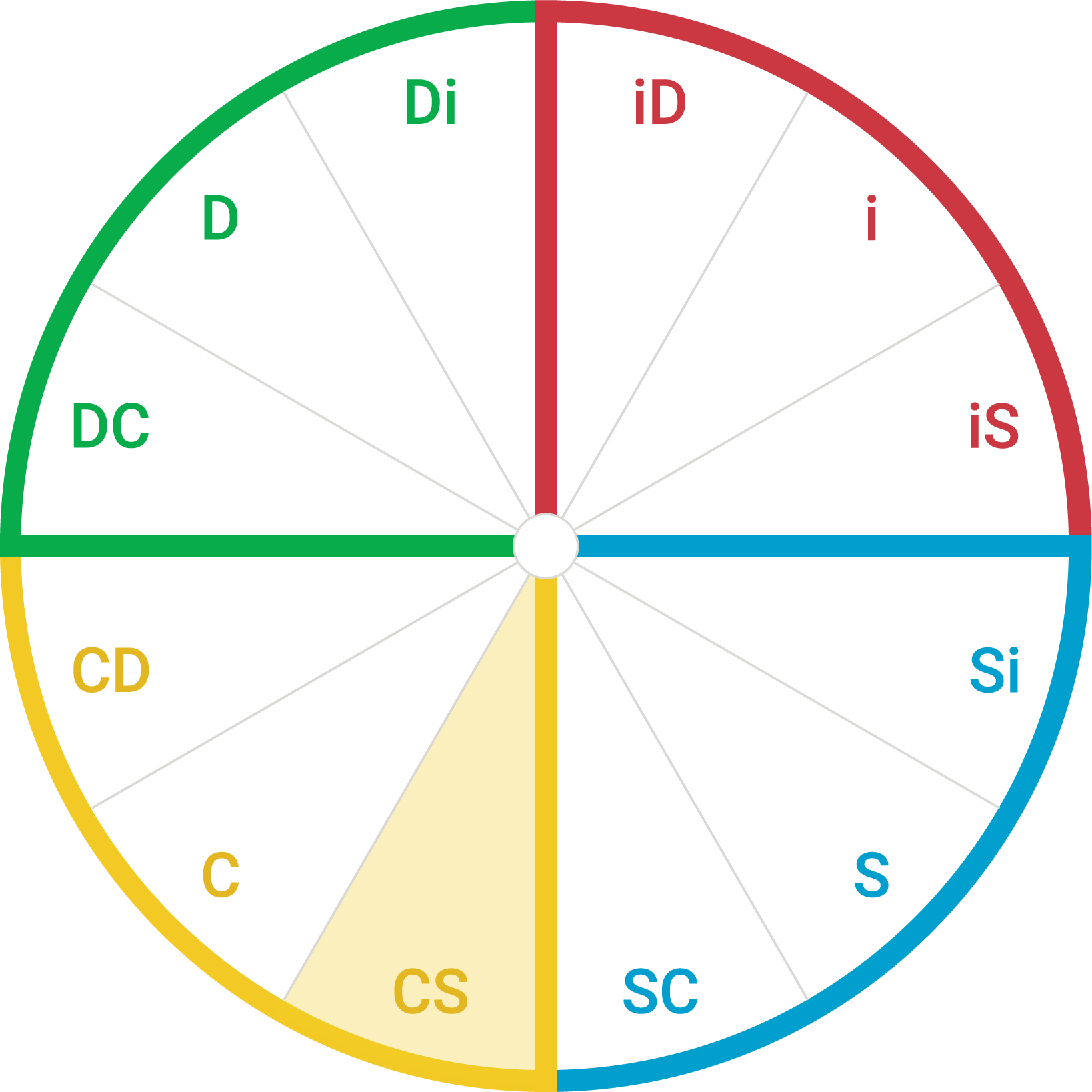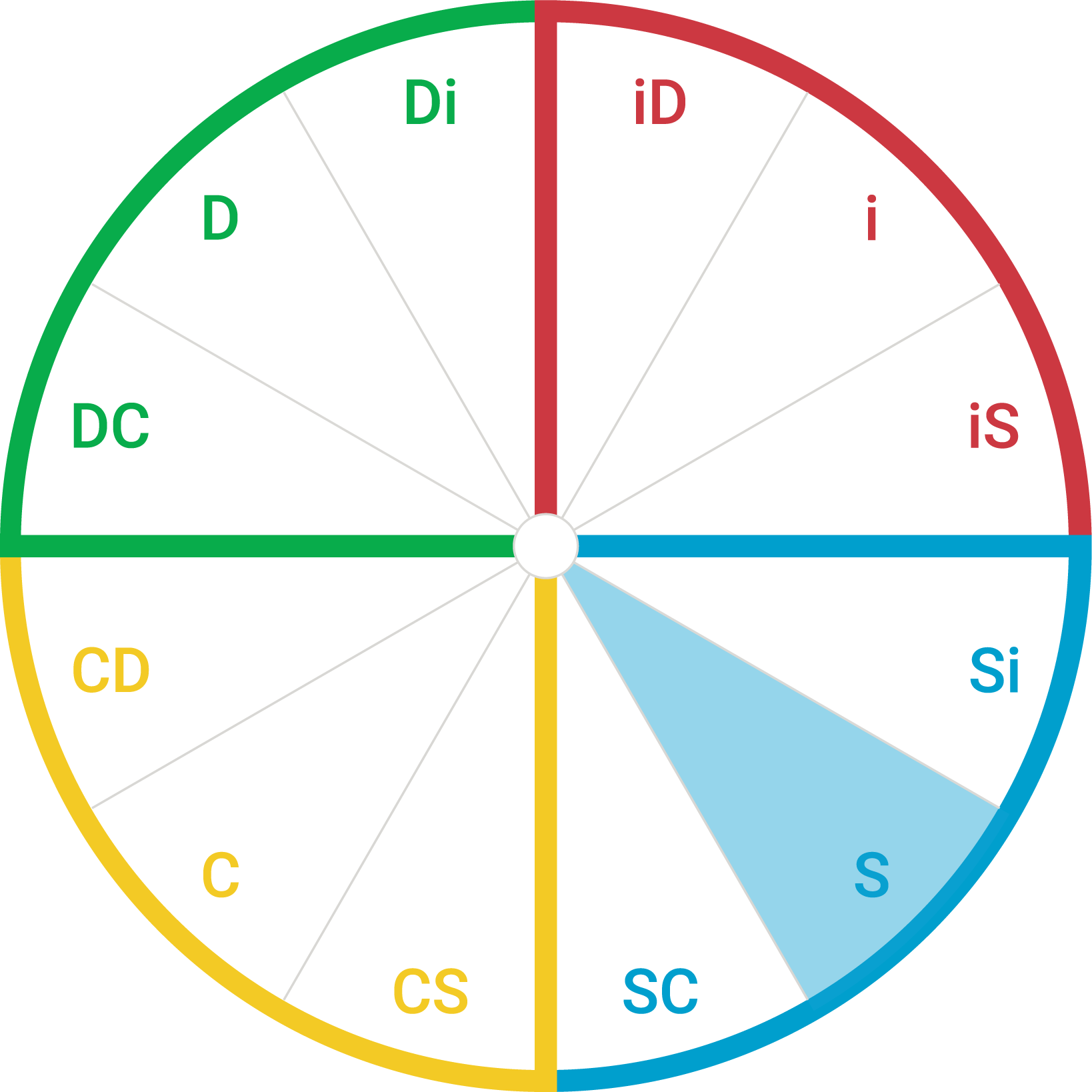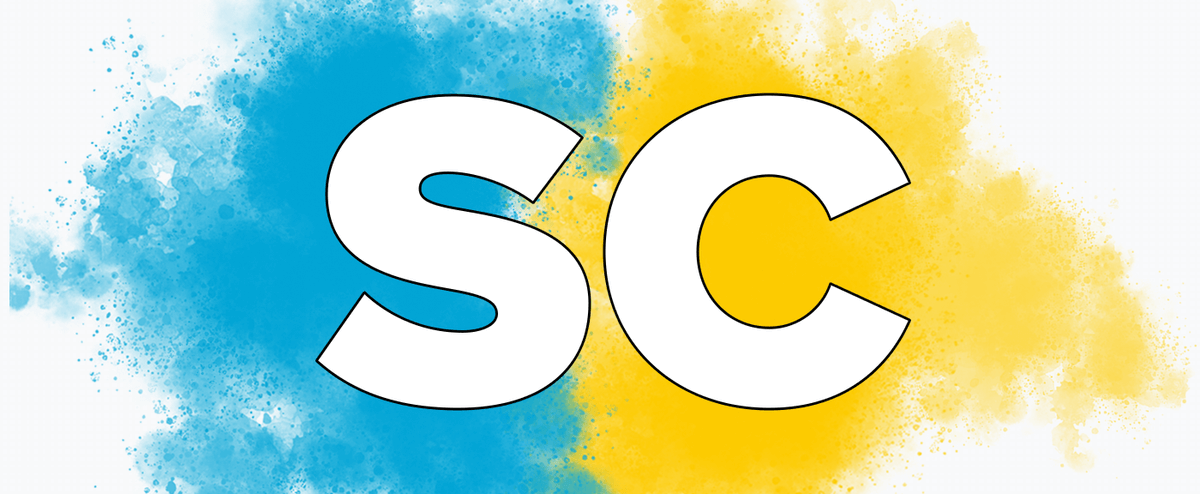
SC style
People with a DiSC style of SC value stability and minimizing risk. They tend to be modest, patient, and soft-spoken. SC-style people are cautious and reflective, thinking things through before speaking. They tend to be thoughtful and dependable, and typically prefer working behind the scenes toward group efforts.
What do the ‘S’ and the ‘C’ in DiSC mean?
The S in the Everything DiSC® model stands for steadiness. The C stands for conscientiousness. People with SC-type personalities display both the steadiness of the S style and the conscientiousness of the C style. They tend to be accommodating, patient, and reliable, influencing others through diplomacy and self-control.
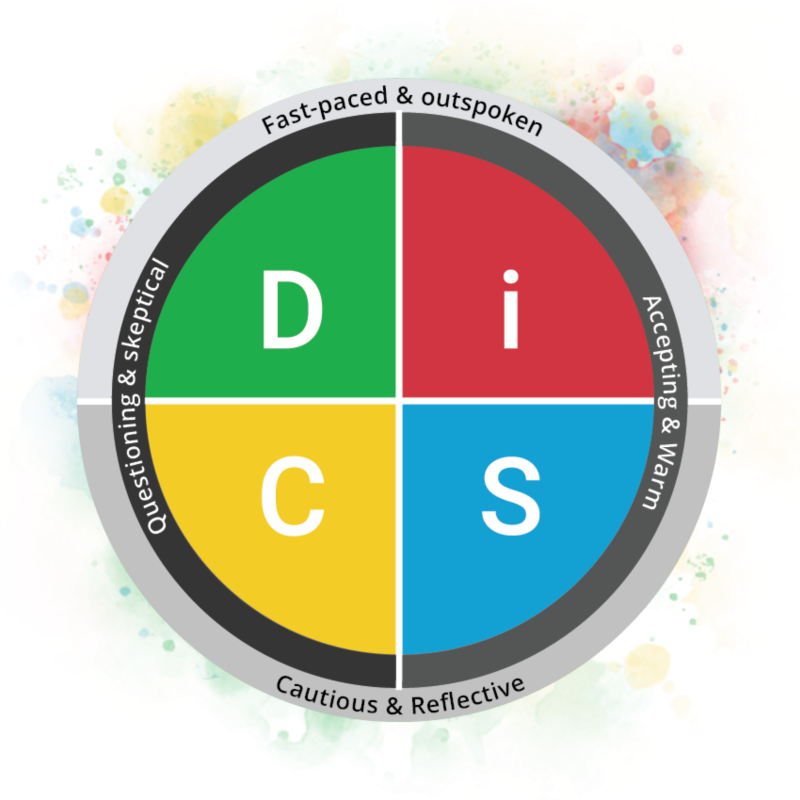
What is a DiSC style blend?
Everyone is a mix of all DiSC styles but will display a stronger natural tendency toward one or two. When you take an Everything DiSC assessment, your result could be either a one-letter style (D, i, S, or C) or a two-letter style (SC, iS, CD, etc.).
The styles with two letters are style blends, indicating a personality that falls near the border between two of the four main styles. If you have a blended style, you probably show traits associated with both styles. Thus, S styles often share characteristics with the neighboring C or i styles.
In your Everything DiSC report, you get a visual of this by where your dot is on the DiSC map. People with the SC blended style will see their dot in the S quadrant, close to the C quadrant.
The twelve-style model of Everything DiSC is calibrated to provide deeper and more personalized insights than assessments limited to four styles.

Dot placement
Because every person is different, even people with the same DiSC style will have varying personality traits. Looking at where your dot falls on the Everything DiSC map helps you discover more about yourself in relation to others of your style.
For example, people with SC styles share many traits, but each SC-style person exhibits the style differently. You might be strongly inclined to the SC style with your dot appearing on the far edge of the circle and between the S and C lines. Or you might be slightly inclined toward the style, with your dot appearing closer to the middle of the circle.
Learn more: DiSC dot and priorities explained
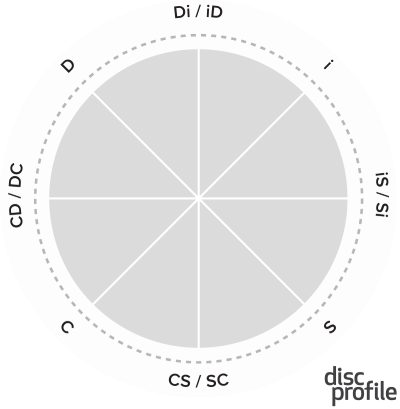
How do you get typed as an SC style in DiSC?
The foundational DiSC model measures:
- pace (from fast-paced and outspoken to cautious and reflective)
- agreeableness (from questioning and skeptical to accepting and warm)
Where you fall on these two scales places you into one of the four primary DiSC quadrants.
However, this is only a starting place for the Everything DiSC profile. The assessment uses eight scales for much deeper insights.
People with the SC style score highest on the CS/SC scale. This scale measures a cautious, passive disposition using items such as, “I tend to be soft-spoken” and “I spend more time listening than talking.” Further, the responses of SC-style people show tendencies slightly more in line with the S style than the C style. S-style folks are often supportive and warm. People with C styles are probably orderly and precise. SC styles are a blend of the two, with a little more S in the mix.


